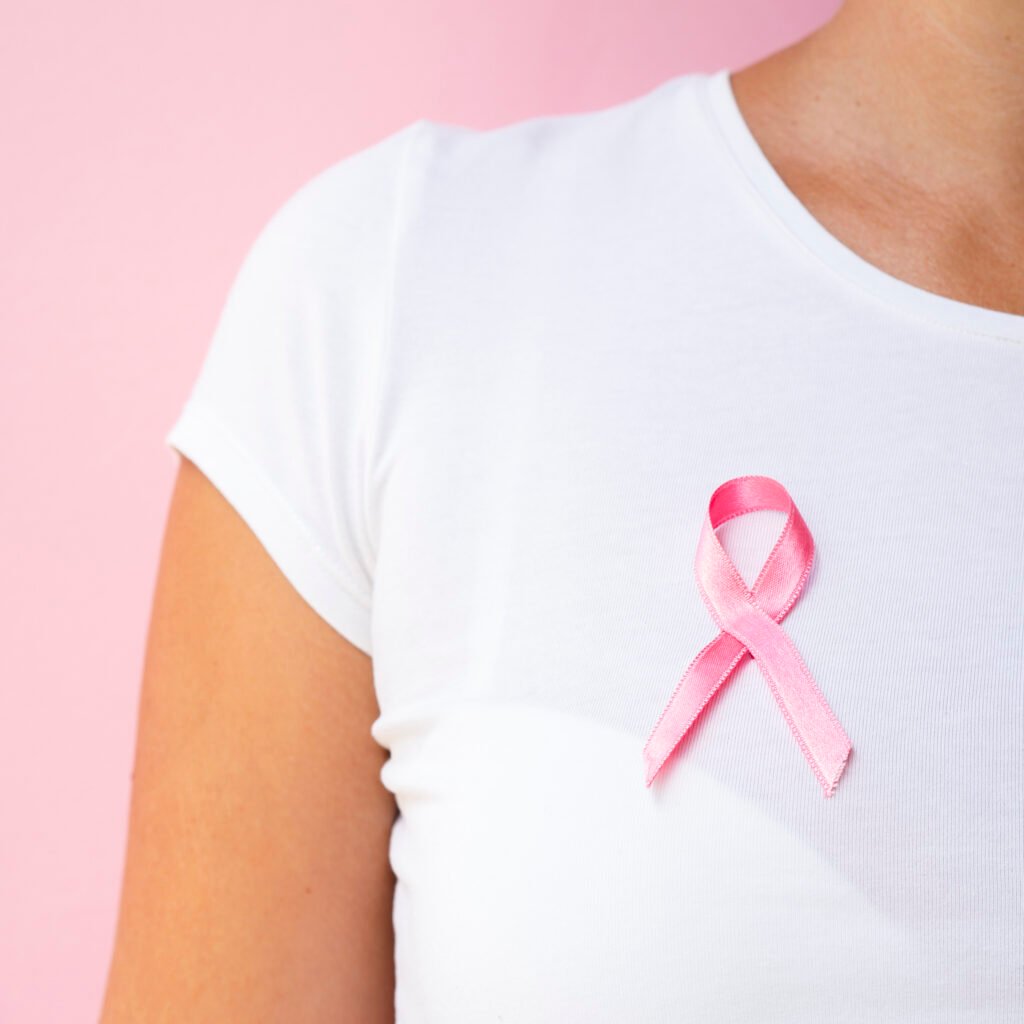Gall Bladder Cancer
- Home
- »
- Cancer Info
- »
- Gall Bladder Cancer

Cancer Treatment
Gall Bladder Cancer
Gall bladder is a small pear shaped organ just beneath the liver. The gallbladder stores and concentrates bile from the liver before releasing into intestine.
Gall bladder cancer is abnormal growth of cells in uncontrolled manner.
It is the one of the most common biliary tract cancer.
Incidence increases with age
Females more commonly affected than males
Most commonly it is diagnosed at an advanced stage due to non-specific symptoms.
Symptoms of Gall Bladder Cancer:
- Gallbladder cancer is often diagnosed at an advanced stage because it is often asymptomatic in its early stages. Symptoms mimics biliary colic or chronic cholecystitis.
- It has an aggressive nature that can spread rapidly.
- It can also be incidentally diagnosed after cholecystectomy for cholecystitis.
- The presence of jaundice in patients with gallbladder cancer is associated with a poor prognosis as they are likely to have advanced-stage disease.
- Abdominal pain
- Dyspepsia
- Weight loss
- Jaundice (yellowing of the skin and whites of the eyes). Fever.
- Nausea and vomiting.
- Swelling in right upper abdomen.

Risk Factors
- Cholelithiasis is the most prevalent risk factor for gallbladder cancer, and the risk increases with stone size.
- Calcification of the gallbladder wall (porcelain gallbladder
- Anomalous pancreaticobiliary duct junction
- Gallbladder polyps (>1 cm),
- Chronic typhoid infection
- Primary sclerosing cholangitis.
Work up
- 1-Ultrasonogram – Usually this the first investigation. Good quality ultrasound can detect gall bladder mass.
- 2-CECT or MRI –Triple phase contrast-enhanced CT scan or MRI scan is done to analyse the character of mass, association with surrounding structures, lymph node spread, and any distant metastasis.
- 3-PET CT scan is useful modality to detect any sprea to other parts of body.
Blood test-Liver function test, Tumor markers like Carcinoembryonic antigen (CEA) and CA 19-9 are not very specific markers for cancer gall bladder but useful for planning and follow up.
Treatment
Not all breast lumps are cancerous, and their presence should be examined and evaluated by specialists to ascertain their type.

Surgery for Early-stage gallbladder cancer
Radical cholecystectomy:Gallbladder cancer that extends beyond the gallbladder and into the liver is sometimes treated with surgery to remove the gallbladder, as well as portions of the liver and bile ducts that surround the gallbladder. Along with this nearby lymph nodes are removed.
Chemotherapy
Radiation therapy
Radiation therapy is not very common treatment option for gall bladder cancer. Sometimes it is used along with chemotherapy to reduce the symptoms related to cancer.
Targeted therapy
Testimonial
Feedback From Our Happy Patients
Insurances We Cover












